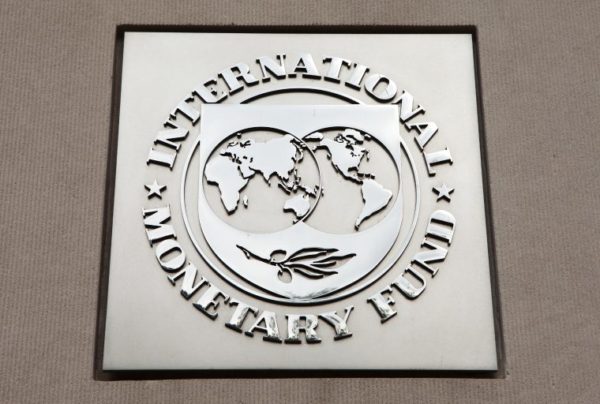The International Monetary Fund (IMF) Tuesday predicted increase in loan default ration as companies battle the impact of Coronavirus on their businesses.
IMF Director of the Monetary and Capital Markets Department, Tobias Adrian, who disclosed this in emailed report with theme: ‘Maintaining Banking System Safety amid the COVID-19 Crisis’, insisted that like health experts, bank supervisors are responding to a fast-moving and extraordinary situation.
He asked supervisors to combine the tools from their playbooks for dealing with natural disasters, operational risk events, and bank stress episodes. With its global vantage point, and drawing from past experience, the IMF can offer some additional guidance on the way forward.
“They should also remind banks about flexible credit risk management and the accounting standards for impairment in these situations. Accounting bodies have helpfully stepped in to clarify to auditors how such modifications should be viewed once the economy begins to recover. There was no need to hide the losses. Banks, investors, shareholders and even taxpayers have to bear the loses. Transparency helps prepare all stakeholders; surprises only worsen their response, as was proven during the 2008 crisis,” he said.
Tobias said economic challenges facing the world today, has surpassed that witnessed during the global financial crisis, hence the need to help those hurt by it.
The IMF insisted that it is ready to help rebuild distressed banks, including helping the lenders to recapilaise, where need arises. “The IMF has deep experience in helping countries rebuild distressed banking systems through its technical assistance programmes, and will stand ready to help,” he said.
“The coronavirus pandemic is a different kind of shock. Never before have modern economies shut down at the drop of a hat. From one week to the next, many workers lost their jobs and paychecks. Restaurants, hotels, and airplanes all emptied. And consumers and businesses now face steep losses in income—and potentially widespread bankruptcies,” he said.
Tobias also advised on how banks and regulators should treat fiscal measures, including measures directly targeted at borrowers, credit guarantees, payment holidays, direct transfers and subsidies—beyond any current guidance in the Basel capital framework—would help with overall transparency.
He also for continuous dialogue between supervisors and banks, especially in this unprecedented situation of working remotely with colleagues, customers, and supervisors.
Tobias also asked banking sector regulator not to change the rules of their operations, insisting that doing so in the midst of a crisis will likely cause more confusion. “Likewise, be prepared to give banks time to meet rules if they fall short, and hold off on implementing new initiatives—banks should remain focused on maintaining ongoing operations, given the increased difficulties of conducting such operations remotely.,” he advised.



